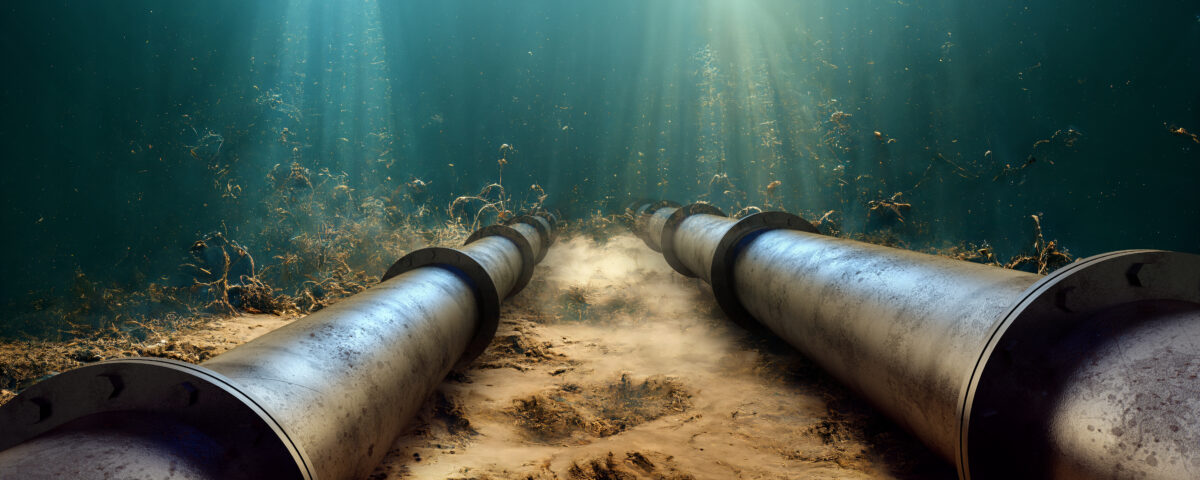
Ofgem Announces 2% Energy Price Cap Rise
August 27, 2025
ESOS Phase 3 – Annual Action Plan Updates Due December 2025
August 29, 2025The recent arrest in Italy of Serhii K., a former Ukrainian special forces officer, underlines the scale of today’s geopolitical risks to critical infrastructure. German prosecutors allege he coordinated the 2022 sabotage of the Nord Stream pipelines—an attack that shocked Europe by demonstrating how vulnerable undersea energy corridors are to disruption.
The incident highlights three urgent themes for governments and businesses alike:
- Infrastructure as a target: Energy pipelines, cables, and grids are now clear focal points in hybrid warfare strategies. The Nord Stream case shows how single points of failure can be exploited to project power and destabilise markets.
- Cross-border enforcement: Italian and German cooperation in this arrest signals the importance of multinational legal frameworks when threats cross jurisdictions and sovereign boundaries.
- Strategic resilience: As Europe recalibrates its energy mix, resilience against sabotage—whether physical or cyber—must remain a central pillar of policy and corporate planning.
While the suspect denies involvement, the case underscores a wider truth: geopolitical rivalries now play out not only on battlefields but through pressure on shared infrastructure systems. Energy, data, and transport networks form the arteries of global security and prosperity—and protecting them is no longer optional.
💡 At GLEG, we track these developments closely to help partners anticipate and mitigate risks to their critical infrastructure, ensuring resilience in a world where geopolitical shocks are increasingly shaping operational realities.

